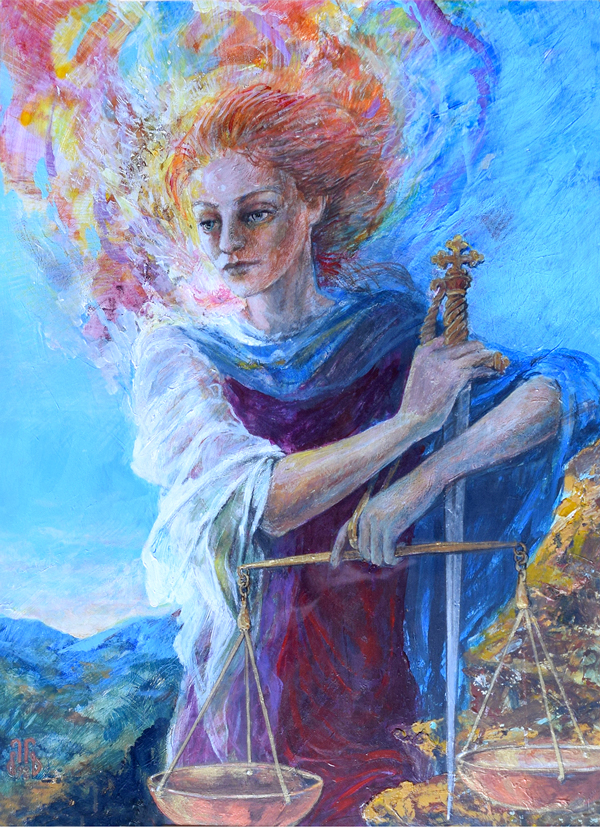BUSHFIRES, BLACK FRIDAY SHOPPING AND QUESTIONS OF MATURITY

I had a startling experience on November 24. It was a Friday.
I opened my email inbox to find loads of messages encouraging me to enjoy the 20%,
40% etc discounts on all products 'Today Black Friday only!'
On Black Friday?! In Victoria, Australia, my home, there are
certain days, black days that mark the most horrific bushfires, the
unbelievable devastation and death, and the blackened land left in their wake. For
example, there was Black Saturday of 2009 and one of the earliest devastations
recorded (by European Aussies) on Black Friday, 1939. I wasn't alive for that
one but it's our history, the history of
people pushing too carelessly, without understanding, into a dry, heat prone,
vulnerable and threatened land. Bushfires were my nightmare when I lived in the country.
I still dread hot north wind summer days in case, in case ... I have walked
through the aftermath, lost a friend in a bushfire and can barely imagine the
horror of being in one.

Oh, it’s about dependency
I had to Google to find out what was going on. This sales-pitch-Black-Friday is American. It marks the first frenetic shopping day after Thanksgiving (during which the marketplace goes quiet). We don't celebrate Thanksgiving in Australia, so what has this shopping day to do with us? Oh, of course, a chance for more commerce, and an opportunity to copy the US some more.
Contemporary Australia is lively and relatively free. Meanwhile we are on a difficult journey to discover who we are. It’s a story of the indigenous peoples who lived here for over 40,000 years, of English overlords in the late eighteenth century sending out their riffraff of unwanted convicts, of land-grabbers misunderstanding the nature of this continent’s environment while attempting to sideline the ‘natives’ who had such different values. And in modern times Australia has seen waves of migration. All this has built a richly diverse, multi-cultured society, although one requiring more work to create cohesion within its complexity.
And there’s a real need to mature beyond childlike cultural dependency. Once it was on Britain, now on the USA and next who knows, maybe China?
Who am I? That is the first question
On a personal level maturity involves independence, and true independence comes from knowing self. This was understood way back in Ancient Greece. The outspoken philosopher Socrates said, ‘An unexamined life is not worth living.’ And according to Aristotle, 'To know yourself is the beginning of wisdom.' It’s true. Self-knowledge helps us to be resilient, to make our own decisions about what is right or helpful. We won’t need to find our confidence in ‘group think’ or make enemies of those who are different. We can accept differences because we have discovered who we are. That’s wisdom.
The same applies to cultural identity, and I can imagine a society made up of individuals who know who they are. Each citizen unique and linked to the whole. Yet often you hear someone say that ‘they’ are ‘not like us’. It seems to me that ‘they’ and ‘us’ are chimeras, muddled constructs based on dependent group consciousness and fear of difference. These are characteristics of a person who does not yet know self, and of an immature nation of citizens not willing to grow up.
In a society of true individuals
It is a wonderful paradox that a true sense of ‘I’ is what leads to interest and empathy that connects us to all that is not ‘I’. We can learn then from differences. And I do see this happening.
Gradually, against the odds, the culture here is being transformed because of individuals finding wisdom and grace along the path to self-knowledge. I see it emerging in many ways – in the opportunities taken to celebrate diversity, to welcome strangers, and in any refusal to form judgements based on ignorance.

Wisdom can be discovered too in loving care for the marvellous land we inhabit – the workers, often lone workers, who strive to protect its flora and fauna; and, in the front of my mind as the bushfire season approaches, the good people, indigenous and ‘newcomers’, who work together to reintroduce traditional fire management methods that can lessen the impact of those horrific bushfires.

Wisdom can be discovered too in loving care for the marvellous land we inhabit – the workers, often lone workers, who strive to protect its flora and fauna; and, in the front of my mind as the bushfire season approaches, the good people, indigenous and ‘newcomers’, who work together to reintroduce traditional fire management methods that can lessen the impact of those horrific bushfires.
Empathy and connection. The more this occurs, individually, the more we can embrace the soul and spirit of a place, which in turn helps those who walk its city streets and bush tracks to live fully.

Comments
Post a Comment